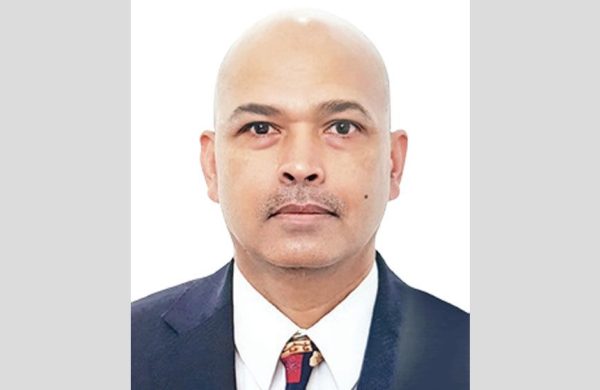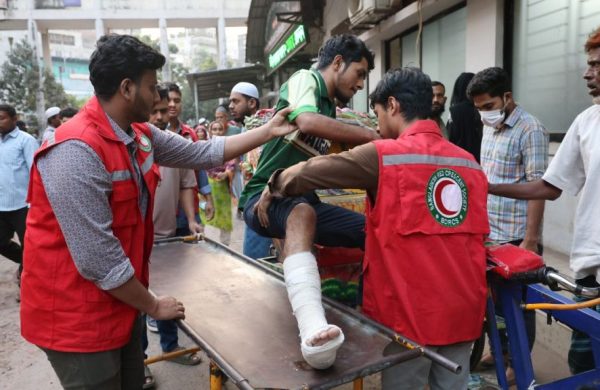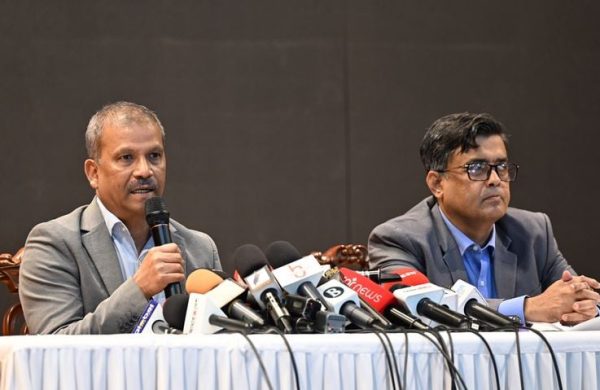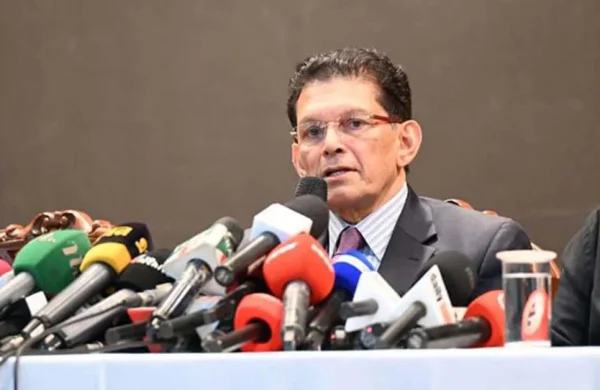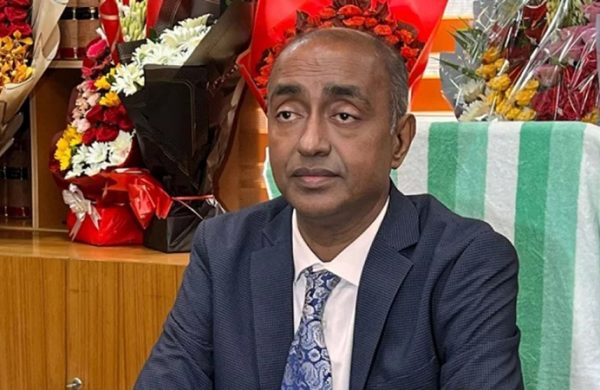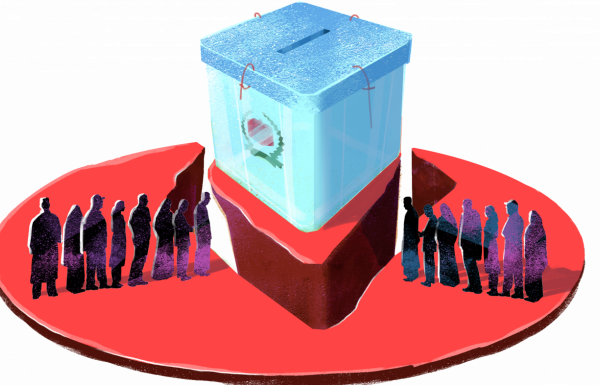How Bangladesh’s Passport Lost Its Dignity
- Update Time : Sunday, October 19, 2025

—H M Nazmul Alam—
Bangladesh should really have had reasons to hold its head high as a nation that has climbed its way to become the 35th largest economy in the world. Yet, its passports tell a very different story—one of suspicion, rejection, and lost dignity. The green passport continues to sink in global acceptance, now sharing the same rank as North Korea in the 2025 Henley Passport Index. This paradox between economic ascent and diplomatic descent reveals a deeper problem that cannot be solved through GDP growth alone. It is not just about mobility. It is about credibility.
According to the International Organization for Migration (IOM), nearly 97,832 Bangladeshis entered Europe illegally in the last five years. And, statistics show that almost an equal number of people went to European countries legally from this country during the same period. For every Bangladeshi worker who earns a legitimate visa to Europe, there seems to be another who reaches the same continent by crossing deserts, forests, and seas, often risking life in the Mediterranean. It is as though legality and illegality have become two equally valid routes out of the country.
The addiction to Europe, as migrants themselves call it, has turned into a big obsession for many youths. Families mortgage land and homes to pay brokers millions of taka. They receive a promise of a life in Italy, Greece, Malta, Cyprus, and Spain but often end up being in detention camps or nameless graves under foreign skies. In 2024 alone, more than 15,000 Bangladeshis tried to reach Europe by land and sea. The transit networks stretch across Slovenia, Albania, Bosnia, and Montenegro. For every ship that lands safely, there is another that disappears into the waves.
The irony is that these migrants hail from a country that now boasts a GDP of $475 billion, a massive export industry, and a global image of steady growth. Yet, they flee as though from a collapsing state. What they are escaping is not famine or war, but stagnation of opportunity. The legal route is too narrow, but demand for youth employment too vast. Migration experts point out that human trafficking networks are thriving precisely because they operate in the gap between economic aspiration and bureaucratic inertia. The state has failed to translate macroeconomic progress into human security.
While remittances have long been the oxygen of Bangladesh’s economy, their sources are becoming increasingly desperate. The new generation of migrants no longer heads to the Gulf states with formal contracts but chases the European dream through informal and dangerous channels. This shift signals something far more serious: a loss of faith in the state’s ability to provide legitimate mobility.The world has noticed. Once a document of national identity, the Bangladeshi passport has now become a marker of global distrust. In the 2025 Henley Passport Index, Bangladesh has slipped to 100th position. Two decades ago, it was ranked 68th.
Every forged document, overstay or illegal crossing chips away at the integrity of the Bangladeshi passport. When one traveller violates immigration rules, the entire nation inherits the stigma. Over time, the image of the Bangladeshi traveller has transformed from a guest worker to a potential overstayer. No amount of economic statistics can erase that perception.
The damage is now spilling into other regions. Vietnam, once a popular destination for Bangladeshi tourists, has stopped issuing visas after discovering that many visitors never returned. Similar complications have arisen in Singapore, Thailand, and Malaysia, where Bangladeshi visa applications face growing rejection rates. The UAE, once a friendly labour market, quietly halted issuing new visas in 2024.
A passport is not just a travel document; it is a global certificate of a nation’s integrity. Its value depends on how the world perceives the honesty, discipline and credibility of a nation. The erosion of Bangladesh’s passport status therefore reflects an erosion of its social and civic ethics. These deceitful travellers’ actions have tainted the collective identity of the nation. Consequently, Bangladesh exports readymade garments to Milan but struggles to send a tourist to Rome without suspicion. And what makes this crisis more tragic is the government’s apparent complacency.
The issue, therefore, cannot be solved by better diplomacy alone. It requires a cultural and institutional awakening. The credibility of a passport is built on the credibility of governance. If the rule of law at home is weak, the perception of lawlessness abroad becomes inevitable. When corruption, document fraud, and impunity go unchecked, the world assumes that every citizen is a potential violator.
To reverse this decline, Bangladesh must redefine what progress means. GDP growth without governance is hollow. Export figures without ethical reform are meaningless. The acceptability of a passport will not improve through cosmetic rebranding or diplomatic lobbying. It will rise only when Bangladesh demonstrates that its citizens are respected, responsible, and law-abiding members of the global community.
—————————————————————————
The writer is an academic, journalist and political analyst, currently teaching at IUBAT. He can be reached at [email protected]



